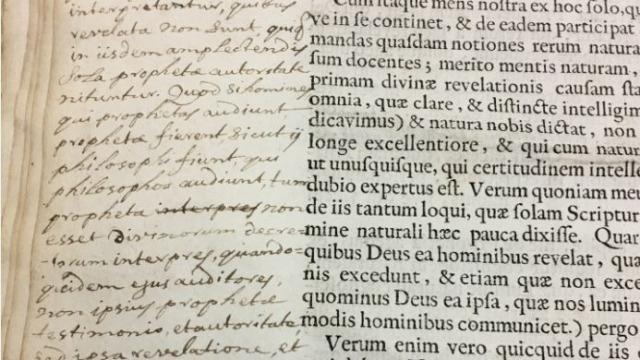
Artwork illustrating the integration of genetic and archaeological data to understand Bronze Age social belonging (© Eirini Skourtanioti)
Family and Migration in Bronze Age Greece: New archaeogenetic insights
Since the excavations of Heinrich Schliemann and Arthur Evans, we have been trying to understand the Mycenaean and Minoan societies of the second millennium BCE. Outstanding palaces, literary sources and rich burials have inspired our fascination with the Aegean Bronze Age. However, many basic questions remain: How were families structured? What about individual mobility in the Aegean? Was there movement from Anatolia to the Aegean or from mainland Greece to Crete? New archaeogenetic studies enable us to trace biological families and migration in Bronze Age Greece in new ways. My talk will show how specific marital rules shaped mainland Greece, Crete and the other islands, given the astonishing evidence that cousin-cousin marriage was an important social practice, especially on Crete and the Aegean islands during the Bronze Age. I will discuss possible reasons for this practice and possible configurations of a Bronze Age household community. I will demonstrate how genetic analyses enable us to trace non-local individuals and migrant groups, also considering their impact on Bronze Age societies. Moreover, I will clarify to what extent collective burials in chamber and tholos tombs in Mycenaean Greece represent families, and how burial practices reflect social belonging during life.
Location
Speakers
- Prof. Philipp Stockhammer (LMU and Max Planck Institute for Evolutionary Anthropology, Leipzig)
Event Series
Contact
- Tatiana Bur
File attachments
| Attachment | Size |
|---|---|
| Philipp_Stockhammer.pdf(76.25 KB) | 76.25 KB |